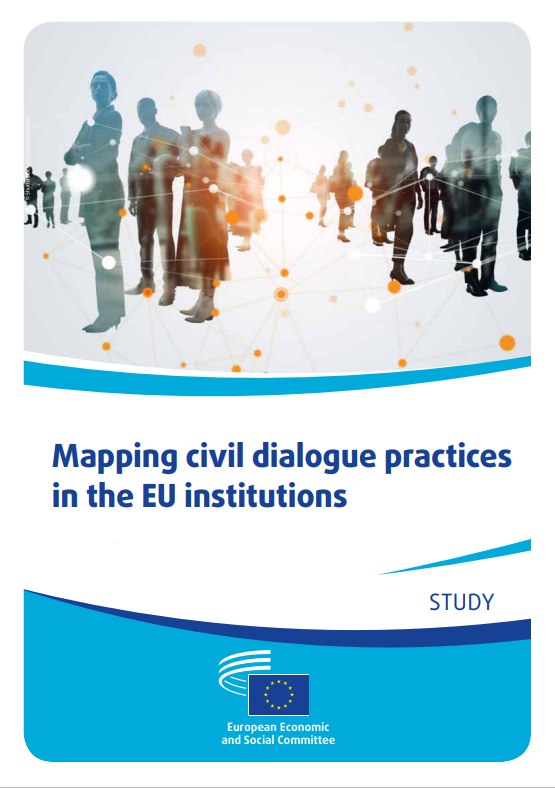EPIN Working Paper No. 21 / 24 pages
The success of an EU Presidency depends closely on the cooperation it achieves with other actors in the European political arena. This paper analyses the cooperation established between Slovenian public servants and diplomats and their European counterparts during their country’s term in office as Presidency of the EU in the first half of 2008. The findings are based on a survey conducted among 667 Slovenian public servants, experts and diplomats directly involved in the policy-making process during Slovenia’s Presidency. It looks into the nature, frequency and importance (as rated by Slovenes themselves) of formal and informal cooperation and contacts of Slovenian public servants, experts and diplomats with officials of the Council Secretariat and European Commission as well as national representatives of the other member states. The analysis distinguishes between responses by capital- and Brussels-based staff and also reflects the views of traditional diplomats at Slovenian diplomatic and consular representations. The paper analyses their perception on the cooperation established in selected policy fields in which the Presidency assumed different roles: organiser, broker, leader and national representative.
The author is a visiting research fellow at CEPS and a post-doctoral fellow at the Centre of International Relations in Ljubljana, conducting research under a European Foreign and Security Studies fellowship granted by Compagnia di San Paolo.









